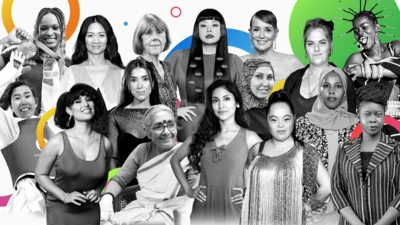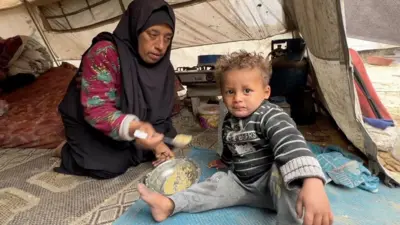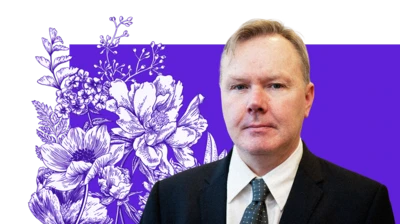We've updated our Privacy and Cookies Policy
We've made some important changes to our Privacy and Cookies Policy and we want you to know what this means for you and your data.
Somalia Prime Minister Sharmarke backs anti-FGM campaign
Image source, Ifrah Ahmed
Somalia's prime minister has publicly backed a campaign to ban female genital mutilation (FGM) in his country.
It is currently against the constitution but parliament has not yet passed a bill outlawing the practice.
Omar Abdirashid Ali Sharmarke has joined more than a million others by signing an online petition calling for a comprehensive ban.
The UN children's agency, Unicef, estimates that more than 90% of Somali girls undergo FGM.
Top Stories
It says that it is mainly performed on four to 11-year-olds and can have a long-lasting impact on the girls' physical and mental health.
Top Stories
Somali anti-FGM campaigner Ifrah Ahmed told the ┤¾¤¾┤½├¢ that she had persuaded Mr Sharmarke to sign the petition organised by online campaign group Avaaz.
She said that it was a significant move as many people in Somalia do not openly speak about the issue.
Types of FGM
Top Stories
ÔÇóClitoridectomy - partial or total removal of the clitoris
ÔÇóExcision - removal of the clitoris and inner labia (lips), with or without the outer labia
ÔÇóInfibulation - cutting, removing and sewing up the genitalia
ÔÇóAny other type of intentional damage to the female genitalia (burning, scraping et cetera)
Ms Ahmed, who has experienced FGM herself, thought it would help put pressure on the lawmakers to pass the bill.
She has worked with Somalia's Women's Affairs Minister Sahra Samatar in drawing up the draft legislation.
Ms Samatar told the ┤¾¤¾┤½├¢'s Newsday programme that the prime minister's action was a "huge boost" to the efforts to get the law passed.
Long way to go
But campaigners acknowledge that it will take more than a law to end the practice.
Ms Ahmed said that an education campaign, as well as a willingness to enforce the legislation, will be necessary.
She said that it is widely practised in Somalia as people believe it is a religious requirement and girls who have not undergone it are taunted for not being cut.
Top Stories
More to explore
Most read
Content is not available








